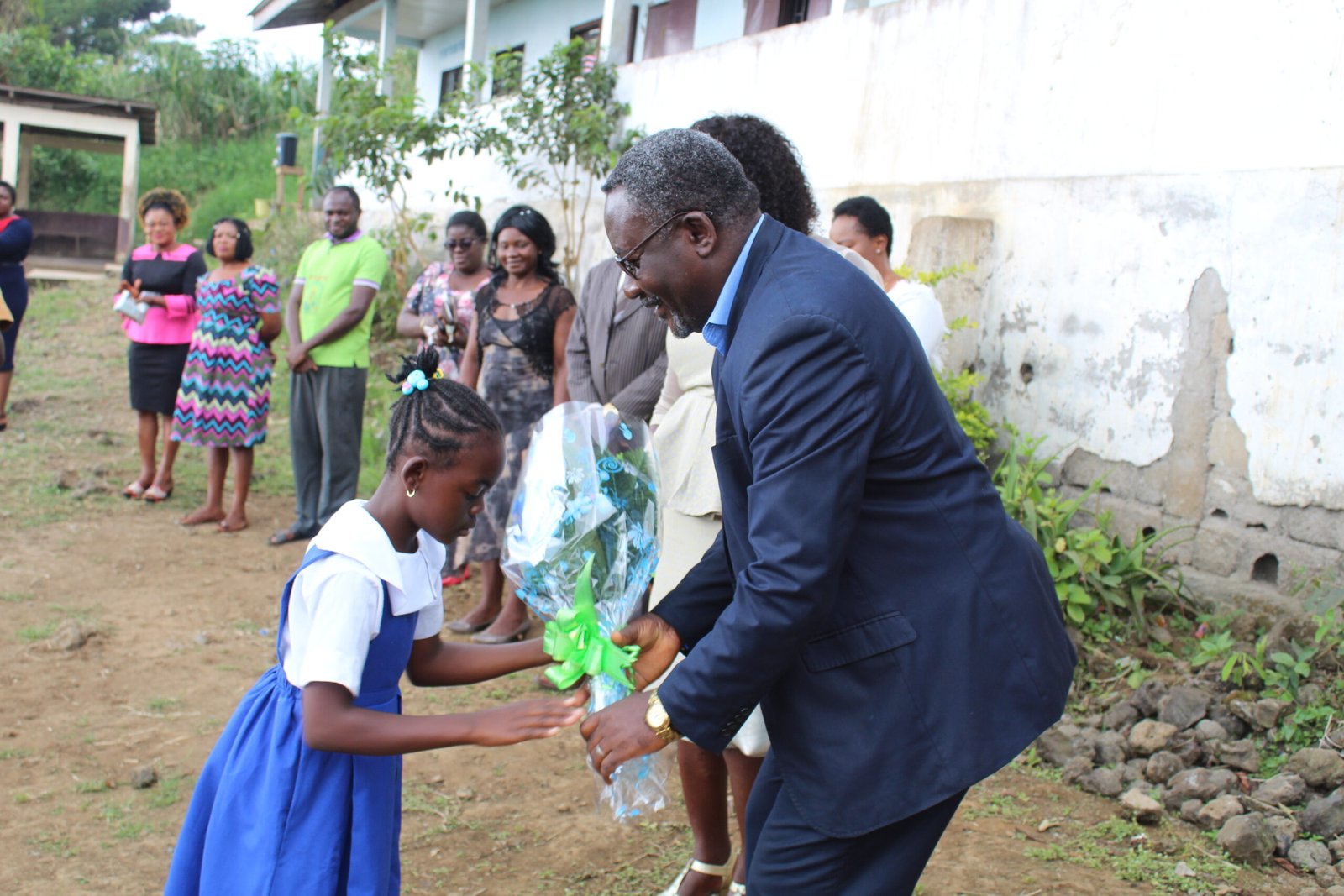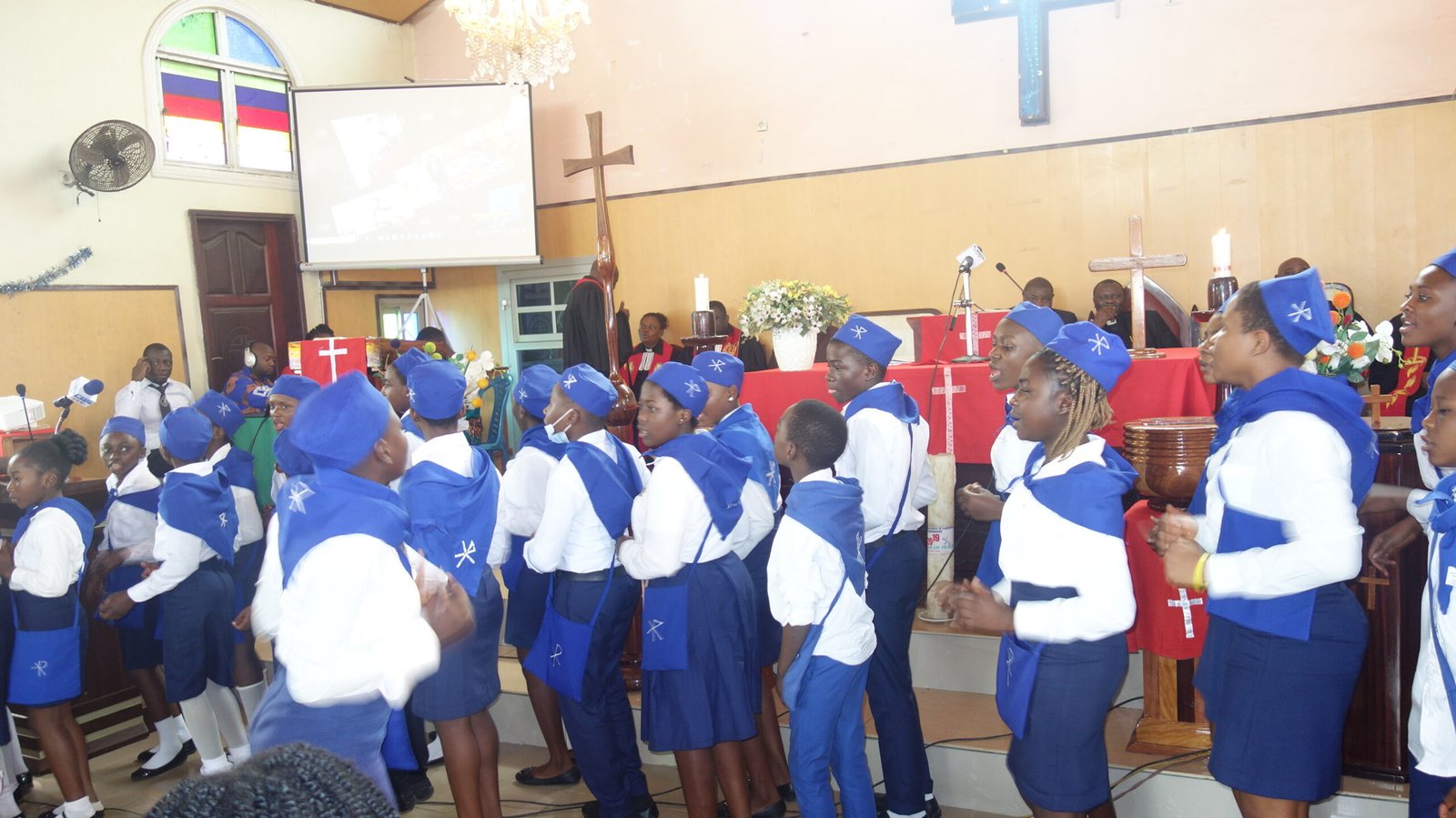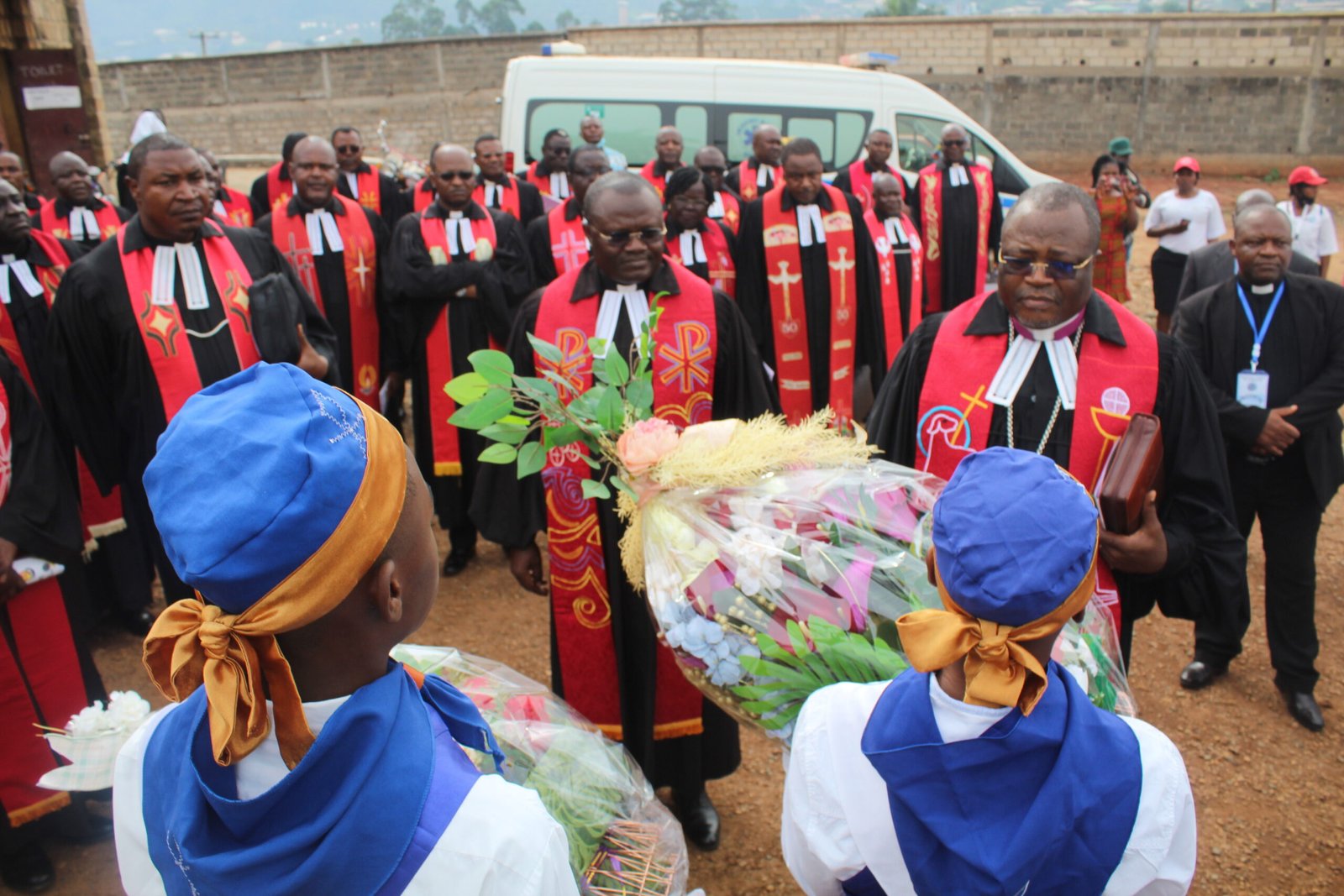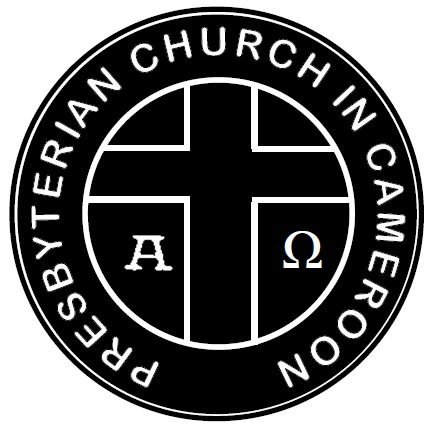




Background of PEA
It should be well noted that before Missionaries came to Cameroon, many communities had operated systems of Education that were efficient and very useful even though informal. Various classes of people were produced such as Craftsmen, Artists, Poets, Traditional Doctors, Good farmers and Political thinkers who administered the people.
Formal Education began after the Missionaries had entered the Cameroon Society and were establishing stations. The Basel Mission took over four schools namely: Bethel, Victoria, Bakundu Banga and Mungo. After the take over, Basel Mission Missionaries began to open vernacular schools alongside the stations. The first primary school patterned on the Missionary model was established by the English Baptist Mission at Bimbia in 1844, and the first by the German Government was in 1888. The Basel Mission Missionaries regarded Education as a necessity for effective Evangelization. They needed the new converts to be able to read and write, and to understand the Bible. Where a Congregation was formed, a school was also created. The schools were to train catechists, teachers, Pastors for congregations, Christian clerks, traders, artisans and future leaders of Cameroon.
During the period of the First World War, school work as well as Church work suffered great set backs, and when the war ended in 1919, Missionaries were allowed to return to Cameroon.
By 1925, there were 114 vernacular schools, with a total enrolment of 3.207 pupils. In 1929, three English Primary schools were opened in Buea, Besongabang and Bali. In 1931, Nyasoso Basel Mission School was opened. As the number of English schools increased, that of the vernacular schools decreased.
The first teachers were Europeans. They were later on joined by teachers from Ghana, Nigeria and eventually Cameroon. The first Cameroonian teachers were untrained. After sometimes they were given a short In-service Training Programme called (E.T.C.) Elementary Training Course. They were trained to be teachers as well as catechists. They combined the functions of teaching with that of preaching.
The Colonial Government compelled the Churches to organize the school curriculum in such a way that the needs of the state were taken care of. The needs included moulding people for the various clerical jobs, such as Clerks, Secretaries, Messengers, Court Judges and many others.
Government opened a Teacher Training Centre at Kumba. The Basel Mission was allowed to train some of her teachers there. When the Second World War ended, the number of Basel Mission schools and untrained teachers increased tremendously.
In 1944, the Basel Mission opened a one year Teacher Training Centre called (PTC) Preliminary Training Centre at Nyasoso. A few of the teachers were given preliminary training on how to control and teach the pupils. The grade of teachers was.
A Teacher Training Centre (TTC) was opened in 1946 in Bali and was transferred to Batibo in 1947. In 1961, the first Basel Mission Teachers. Training Centre for women was started in Bafut and latter on transferred to Mankon in 1962. it was called Basel Mission Womens Teachers Training Centre.
The need for a Basel Mission College has been expressed in many meetings since 1929. In 1949, the first Basel Mission College was opened in Bali, now called CPC Bali.
Between 1945 and 1961, many primary schools were opened in Cameroon by the Basel Mission. The schools were divided into two groups. Assisted and unassisted schools. Assisted schools were authorized by the Government to exist and were given Grants-in-Aid, to pay the salaries of the teachers, equip and build the schools.
Unassisted schools were those not authorized by the Government to exist and were not given any Grants-in-Aid. The Missionaries paid the teachers salaries and equipped the schools. They were not assisted by the government.
BASEL MISSION PRIMARY SCHOOLS IN 1961 |
||||
| No | TYPE OF SCHOOL | No. OF SCHOOLS | ENROLMENT | STAFF |
| 1 | Primary schools | 171 | 30.000 | 1.014 |
| 2 | Colleges | 1 | 256 | 15 |
| 3 | Teacher Training Centres | 2 | 170 | 10 |
| 4 | Administration | Supervisor = 2 | – | Manager = 12 |
| Total | 174 | 30.426 | 1.051 | |
The Basel Mission started with Secondary school Education in 1949, when CPC Bali was opened. It was only for Boys. The need for a second Basel Mission College was high since girls were not accepted for CPC Bali. In 1963, another secondary school was opened in Kumba. Again, only Boys were admitted. In 1964, Girls were admitted into the Basel Mission College Kumba. It was the first co-educational institution in the former West Cameroon. In 1964, a third Basel Mission College was opened at Besongabang.
In 1964, the Basel Mission had three colleges with an enrolment of 540 students and 34 teachers. Between 1964 and 1994 secondary Education expanded as follows: In 1972, PTTC Batibo became PSS Batibo and in 1989, it became PHS Batibo. WTTC Mankon, in 1980 became PSS Mankon.

Recent Comments